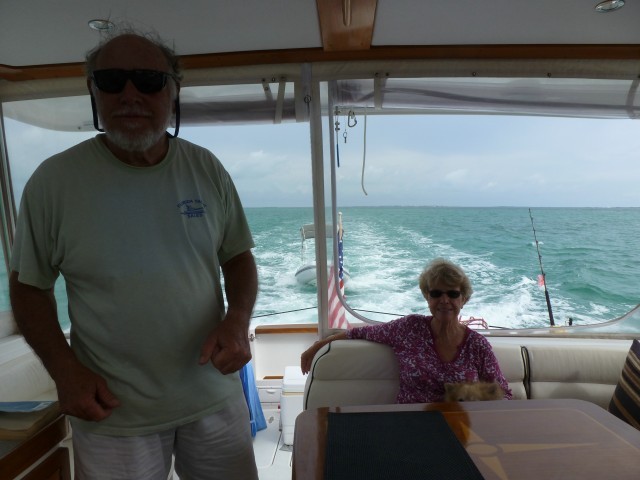Yes, my examples do support the point. A failed rudder is a structural issue that can cause further hull failures, and you can see it is a major cause of boat losses. One problem with my list is that it only is for boats that sink and does not cover boats that have structural failures but make it to port. You don't really hear about those boats.
I read of a sail boat going from Latin American to one of the Caribbean islands at the wrong time of year and wrong direction. The hull of the boat developed a crack 1-2 feet long and at least the forward bulkhead was knocked loose. The crew did an amazing job of damage control with 5200, wood screws and plywood to "fix" the crack which allowed them to make port. The people who repaired the boat said it was common to see boats loose bulkheads sailing the same course. You don't hear about those boats but in a passing sentence...
Most "trawlers" do not have have structural issues because they are never stressed with ocean crossings.
I do think most boats are tougher then today's crews but that does not deny that boats do suffer structural failure. They do. We just don't hear about most of them and people don't pay attention to why boats sink.
Flip side is that who cares? Most "trawlers" are never going to be stressed to the point of structure failure even if they were designed and built like poo. I care because we want to cross oceans and studying failures modes matters to me.
Nor do I care what the boats are called, trawler, passage maker, troller, long range cruiser, tug, or expensive hole in the water.

I think we are smart enough to figure out that a Nordic Tug is not going to be pushing the Nimitz around.

Boats are simply things that people create to solve particular design points, what works for one person won't work for another which is just fine. Too much HP for us is a problem, not a solution, but that surely does not mean too much HP is a problem for others.
Later,
Dan


 I think we are smart enough to figure out that a Nordic Tug is not going to be pushing the Nimitz around.
I think we are smart enough to figure out that a Nordic Tug is not going to be pushing the Nimitz around. 

